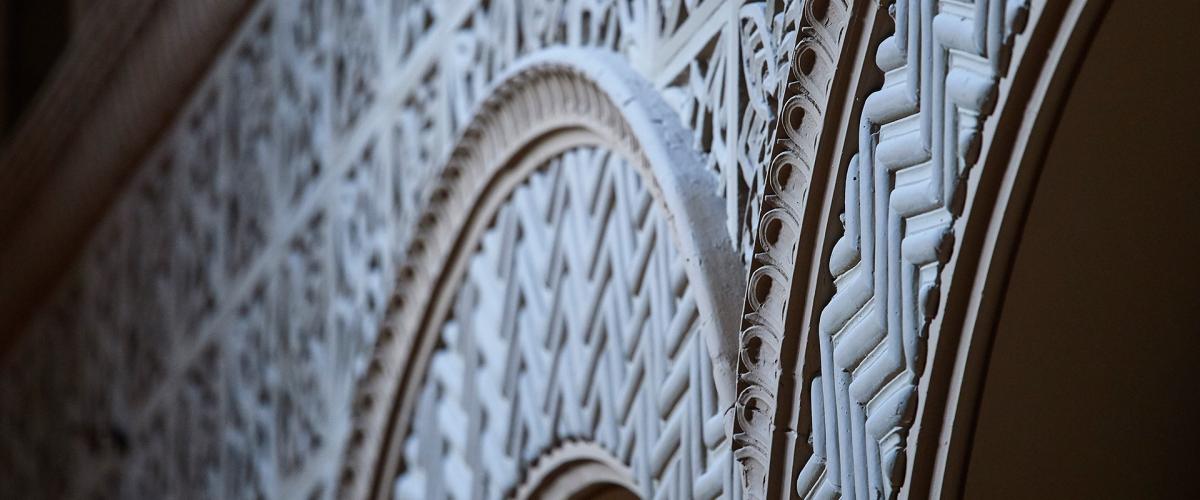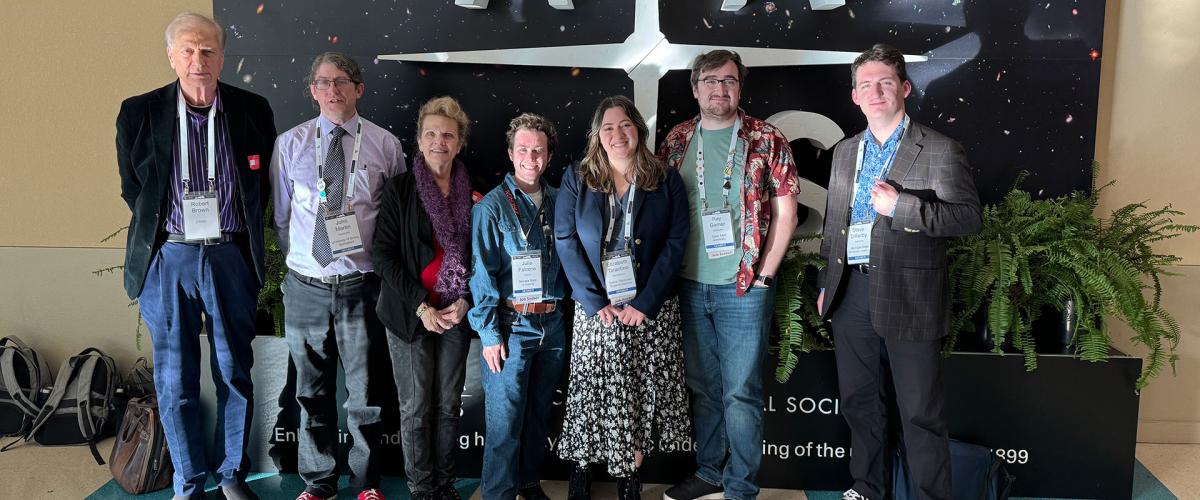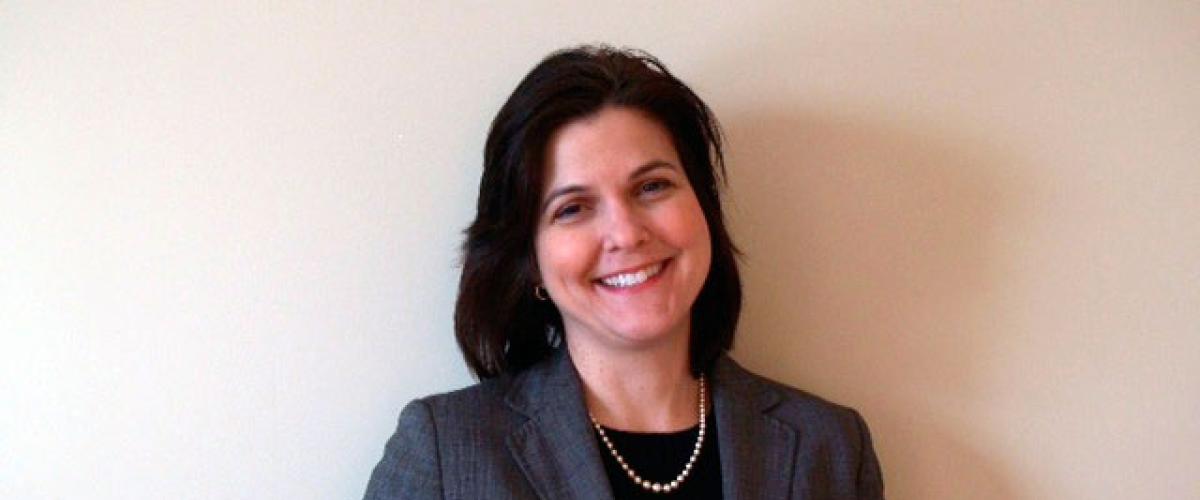CWRU faculty members explore tariffs from legal, economic and historical perspectives
Tariffs have been a fixture of the news cycle in 2025, as the Trump administration has moved to implement taxes on imported goods. A matter of foreign and economic importance, tariffs have a range of effects on the economy as a whole and for the average American consumer.
Beyond the economic market, tariffs carry legal, societal and historical implications.
Case Western Reserve University faculty members will explore this topic in depth at the Office of the Provost’s first Critical Conversations event of the semester today (Sept. 22) from noon to 1:30 p.m. in Tinkham Veale University Center, Ballroom A.
Moderated by Provost and Executive Vice President Joy K. Ward, the following faculty members will engage in an interdisciplinary conversation on the topic:
- Juscelino F. Colares, the Schott-van den Eynden Professor of Business Law and co-director of the Frederick K. Cox International Law Center;
- Susan Helper, the Frank Tracy Carlton Professorship in Economics at Weatherhead School of Management; and
- Peter Shulman, the Elizabeth and Raymond Armington Associate Professor in the Department of History at the College of Arts and Sciences.
Ahead of their discussions, we asked each of them to share insights on tariffs. See what they shared and register to attend the event—which will include a free light lunch—to dig deeper and participate in the dialogue.
Juscelino F. Colares
The U.S. Constitution, Colares explained, leaves the authority to “regulate Commerce with foreign Nations” (Art. I, §8, cl. 3) to Congress. Federal courts, however, have given presidents the ability to alter tariffs in the past, likely as a result of the constitutional provision that gives the executive power the ability to conduct foreign relations.
Despite that history, trial and appellate courts have found President Trump lacks the authority to adjust imports and negotiate tariffs under the International Emergency Economic Powers Act's (IEEPA) delegation to regulate commerce. A U.S. Supreme Court will decide this November if limits to congressional delegations to presidents should stand or be further narrowed.
“Will the answer be found in differences between previous statutes (whose delegations have been upheld) and IEEPA (whose delegation has been struck down), or in a new constitutional understanding of the nondelegation doctrine?” Colares questioned. “That is the multi-billion-dollar question, the justices of the U.S. Supreme Court will have to decide.”
Susan Helper
“Tariffs are a useful tool. If complemented by other industrial policy tools (e.g. subsidies and convenings to address coordination failures that hamper domestic investment), they can promote economic development,” Helper said. “However, they typically also raise prices for consumers (at least in the short term); if tariff levels fluctuate quickly and uncertainty, they can lead to supply chain snarls and reduced domestic investment."
Peter Shulman
The United States has had little to no tariffs since World War II, when there was a global shift to “free trade.”
However, in the late 19th and early 20th centuries, the debates around them were alive.
“Behind these debates were theories of markets and trade, contestation over the role of the government and its powers, and jockeying of dominant and subordinate economic interests. Those are all reemerging today,” Shulman said. “Are we entering a new tariff regime? Or will the current conflicts be just a blip? What do our debates look like in a longer historical perspective?”
Congress was at the center of those historical debates and during those times, tariffs remained relatively steady.
“Our past eight months of presidentially-dictated dizzying increases and decreases in tariff rates, justifications, and purposes has no real precedent in our history,” Shulman said. “Will Congress reassert its role? Will the Supreme Court check the power of the president?”




